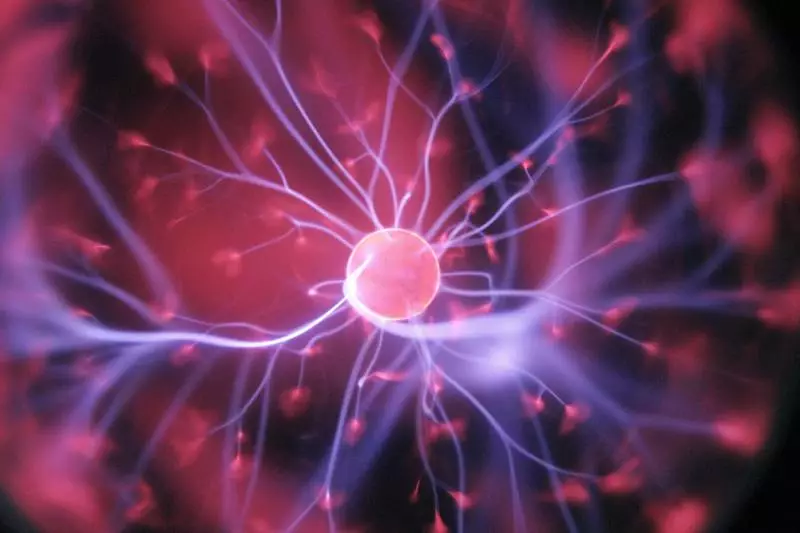Hallucinogens are a type of drug or compound that create a perception-altering effect on the neural circuits in the brain. Hallucinogens include drugs like LSD, psilocybin, peyote, DMT, and Ayahuasca. But how do hallucinogens affect the brain? Specifically, they target the neurotransmitter serotonin. In other words, when a person uses hallucinogens, they work to distort reality. It becomes hard to know if what a person is seeing or experiencing is truly authentic and really occurring or if it is something the brain has created. Let’s take a closer look at why and how this occurs.
How Do Hallucinogens Affect the Brain and the Way We See the World Around Us
While some people consider the effects of these drugs to be fun or cool, they are actually creating significant change within the brain. That makes them worrisome. Hallucinogens distort the reality of what is occurring around a person. That means that what they see is not really happening. That can create long-term concerns for many people.
How do hallucinogens work? In short, when a person takes these drugs, the compounds interact with the neural circuits in the brain. This is how the various regions of the brain communicate. When this happens, it typically targets the neurotransmitter serotonin. This chemical messenger sends signals to the other areas of the brain. Most of the time, hallucinogens impact the prefrontal cortex. This is the area of the brain that is specifically related to mood, perception, and cognition. In addition, it can interact with areas that regulate arousal and psychological responses to panic and stress.
How do hallucinogens affect the brain, then? They make a person think differently than they would otherwise. They may have a slight euphoric feeling, but most of the time, people seek them out because they create an out-of-this-world experience.
What Are the Psychological Effects of Hallucinogens?
A person taking these drugs will experience various psychological effects. That is, what they see and experience is not real. They may see various images or hear sounds that are not there. They may also feel sensations on their skin that are not reality. This typically happens around 20 minutes after taking the drugs. It can last for 90 minutes in some cases but up to 12 hours in others.
What is most important to note is that the experiences a person has are very unpredictable. What happens to one person may be very different than what happens to someone else. They vary based n the user’s mood, expectations, personality, and even their surroundings.
It’s also important to know that these drugs can create drug-induced psychosis. That is, a person may feel unable to think rationally. They may not recognize reality, and this can last for some time. They may be unable to communicate or have intense fears and irrational thoughts. Some people also have feelings that are so intense that they can create incredible anxiety and panic. They can also feel intense levels of despair that they are losing control or going insane. This can create intense physical responses that can be life-threatening.
Hallucinogens Long Term Effects
Are hallucinogens addictive? First, to answer this question, the answer is no, not often. While they do not produce the same level of addiction and dependence as other drugs, they carry a high risk of tolerance. That means that if a person wants to continue to use them to get the same results, they may need to use more and more of these drugs to do so. Over time, that can be worrisome as it can increase the risk of bad side effects, including the risk of overdose. While they may not be addictive in the traditional sense, then, they can be detrimental to health, especially if a person continues to seek out their use.
It’s also important to note that some people who use these drugs are also using other highly addictive drugs. They may display withdrawal signs and dependence symptoms from those drugs that could easily be attributed to the use of hallucinations.
What about the long-term effects of doing just that? People who take these drugs may be at risk for hallucinations and those “bad trips” occurring again at some time in the future. Called flashbacks, these are often very intense moments that can happen weeks or even years later. They can also create psychosis, which is a dangerous mental health disorder. Many people experience these in a negative light, often suffering the consequences of those hallucinations suddenly occurring.
Finding Help for Addiction and Drug Use
Do not wait to get help for an addiction. If you are using hallucinogens on a consistent basis, they can cause significant damage to the function of your brain. Reach out to our admissions team at (866) 971-5531 to discuss your options for treatment.

